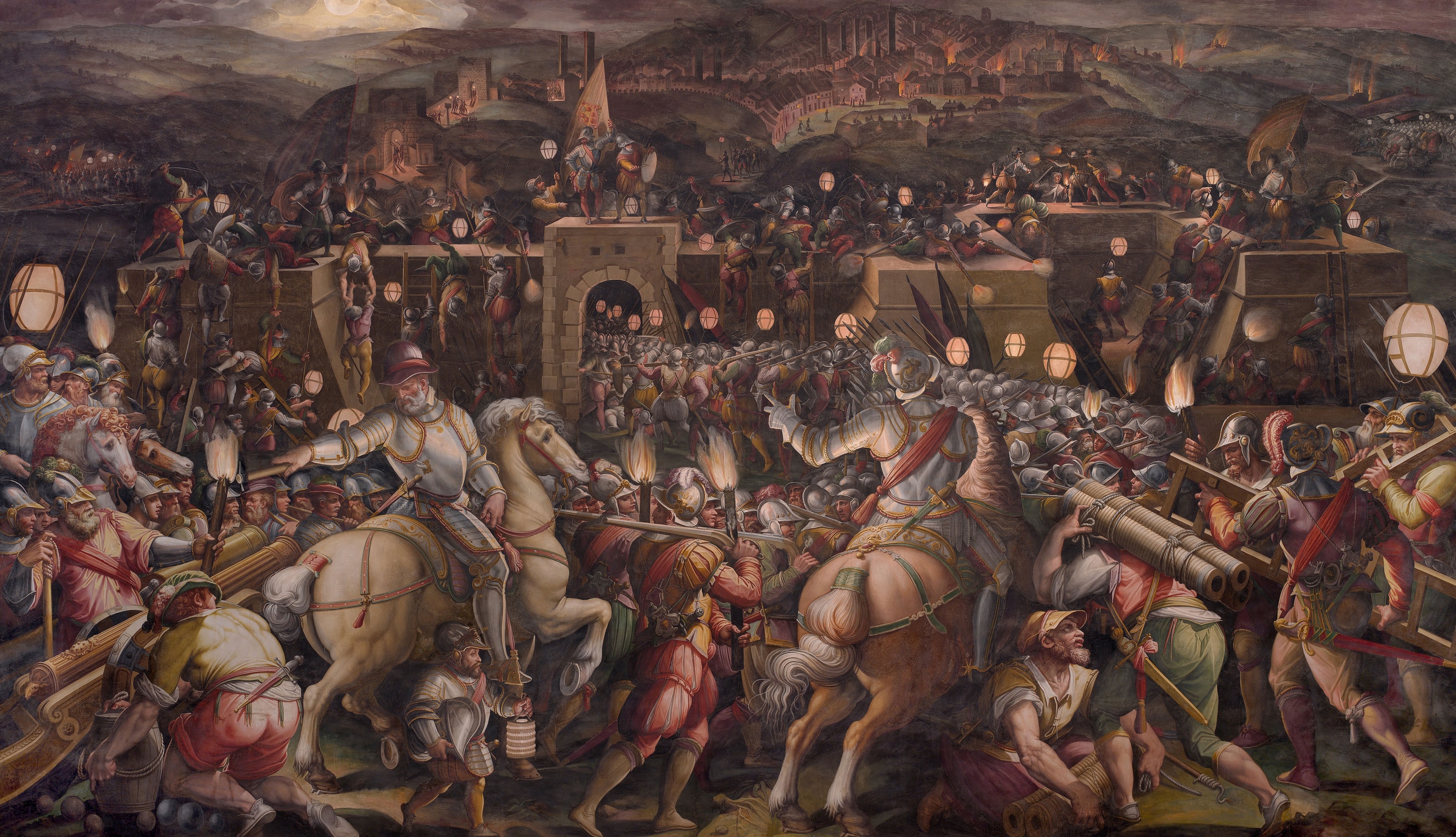Date:
Location:

Between the 16th and the 19th century, a new awareness and new uses of the nighttime slowly but unmistakably spread through different parts of the world, whereby new regimes of temporality redefined the spheres of work and leisure, of activity and repose. Social life, as well as labor and entertainment, spilled over into the night hours, inviting the use of psychotropic substances such as coffee and tea and a sense of the manipulability of the architecture of night and day.
The order of the nocturnal and the diurnal, easily taken for granted as one of the most natural of phenomena, is only recently attracting attention in terms of its historicity, perhaps because of our awareness of living 24/7, of traveling faster than the means of adaptation of our biological clock, and of various strains on our circadian rhythms. This conference, organized by Cemal Kafadar (Harvard), brings together some of this pioneering research (on circadian rhythms, history of sleep, representations of the night in art and literature, and social uses of the darker hours) in order to consider and discuss the transformations of the way nighttime was experienced and imagined in different parts of the early modern world.
Respondent and guest of honor: Carlo Ginzburg
